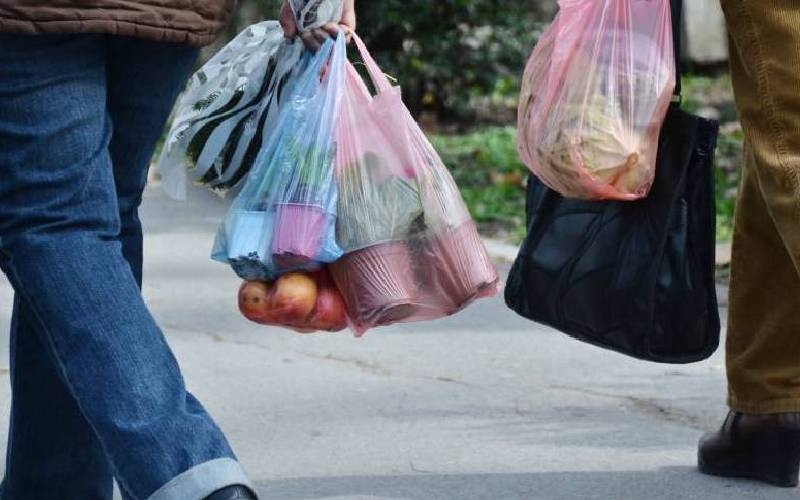×
The Standard e-Paper
Home To Bold Columnists

In a setback to Kenya's efforts to combat plastic pollution, the porous borders with Uganda and Tanzania have emerged as weak links. This allows unscrupulous traders to smuggle banned plastic bags into the country.